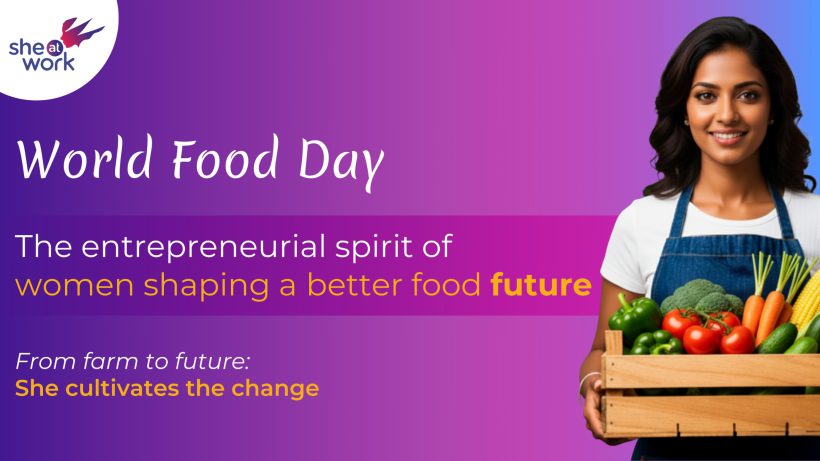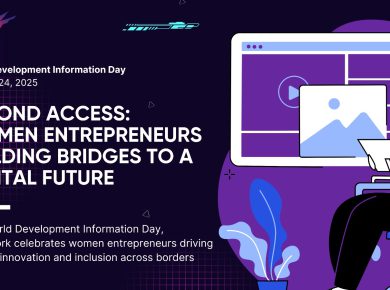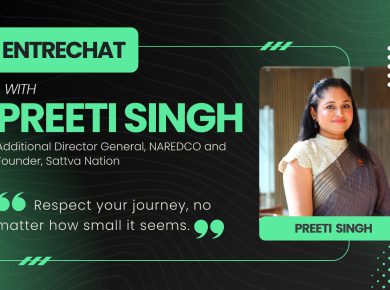Feeding the future – sheatwork focuses on how women entrepreneurs are cultivating a hunger-free world
#WorldFoodDay2025 #WomenInAgriculture #FoodForFuture #EmpowerHer #SustainableFoodSystems #WomenEntrepreneurs #HandInHand #FoodSecurity #ClimateResilience
Every October 16, World Food Day reminds us that food is much more than sustenance. It is culture, connection, and care. The 2025 theme “Hand in Hand for Better Food and a Better Future,” calls for global collaboration – to build equitable and sustainable food systems that ensure no one is left hungry. It’s a call to action for governments, communities, and individuals to work together toward one goal — food security for all.
In this collective mission, women entrepreneurs stand as silent revolutionaries. From running small farms in rural areas to launching sustainable food brands in urban centers, women are shaping the future of how we grow, distribute & consume food. Yet, their contribution often remains undervalued, and their potential, underutilized.
Women at the Core of Global Food Security
Women represent nearly half of the agricultural workforce in developing nations – and in some regions, such as sub-Saharan Africa and parts of Asia, the figure is as high as 50%. They cultivate, process, and distribute much of the food we eat. According to the Food and Agriculture Organization (FAO), if women farmers had the same access to land, finance & technology as men, yields could increase by 20-30%, potentially lifting 150 million people out of hunger.
This means that empowering women entrepreneurs is not just a gender issue – it’s an economic & humanitarian necessity. When women have more control over resources, their families eat better, children stay in school longer, and communities grow more resilient.
Entrepreneurship: Turning Barriers into Breakthroughs
Across the globe, women agripreneurs are transforming food systems – from the ground up. In India, women-led cooperatives are pioneering organic farming and farm-to-table movements. In Kenya and Nigeria, women founders are developing agritech startups that connect farmers to digital marketplaces. In Latin America, women-led enterprises are driving innovations in sustainable packaging and food waste reduction.
But their success isn’t without struggle. Structural inequalities – from limited access to credit and training to restrictive property laws – continue to hold women back. For example, women often produce food on land they do not legally own, restricting their ability to secure loans or invest in modern tools.
That’s why initiatives like FAO’s Hand-in-Hand Initiative, UN Women’s Rural Women Economic Empowerment Programme, and regional entrepreneurship accelerators are vital. The support from such bodies equip women with the resources, mentorship & digital literacy needed – to scale their ventures and contribute meaningfully to national and global food security.
The Power of Collaboration
The theme this year actually captures the spirit of collective responsibility. Food systems cannot be sustainable unless they are inclusive. Empowering women entrepreneurs means empowering entire communities.
As climate change, conflict, and inequality threaten global food supplies, women-led innovation and leadership can guide us toward resilience. They are not just participants – they are pioneers of the planet’s food future.
Because when women thrive, the world eats better.










